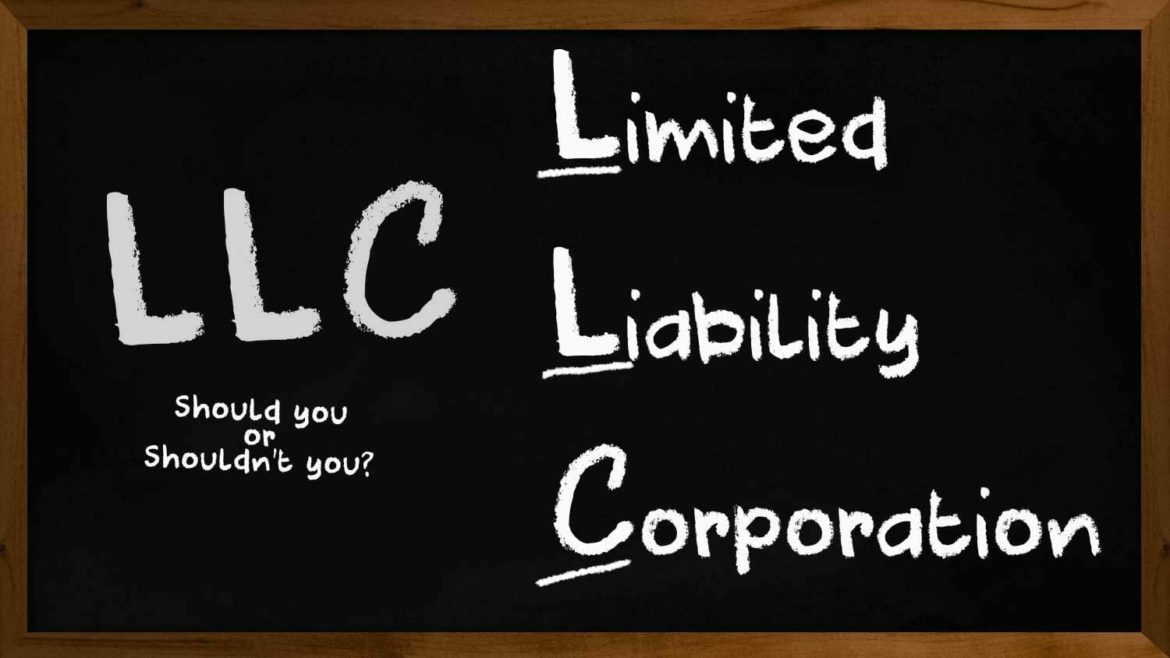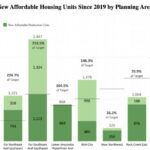While LLCs are a great way to hold real estate, they have costs that go along with them.
Washington Post
Q: Are there any lenders that will loan money to a limited liability company that wishes to put up free and unencumbered land as collateral at less than 50 percent loan to value? I do not want to use myself as a guarantor.
A: Let’s start by talking about limited liability companies (LLCs) and why people use them in real estate transactions.
LLCs are companies that allow individuals (or a group of people or even corporations) to own a company that ultimately owns other property — in our case, real estate. LLCs provide a form of protection for its owners against lawsuits and claims that may relate to the real estate owned inside the LLC. For example, if you own a building in an LLC and a tenant sues the landlord for breach of contract, the tenant will be suing the owner of the building, which is technically the LLC, not the individual owners of the LLC.
While LLCs are a great way to hold real estate, they have costs that go along with them. You must pay to set up the LLC and pay an annual fee to the state in which the LLC is organized. You may also have to file a separate tax return for the LLC. But the biggest issue you might have with an LLC is that lenders will consider your real estate ownership as an investment property. Once you fall into the investment-property bucket, the lending rules change and get more expensive.
A person, a couple or a group of individuals who own a home, two-flat or even a four-flat building in their own name have the ability to obtain financing from the residential lending side of a particular lender. Once you have an LLC, the lender will send you to the commercial lending side of the bank.
Generally, the interest rates and costs to finance your purchase are lower on the residential side than on the commercial side. Additionally, you may be able to borrow more against the property on the residential side than on the commercial side of a lender, where the down-payment requirement could be 35 percent or more.
Now, back to your questions. You have vacant land that you now want to use as collateral to get a loan. You have indicated the land is owned by an LLC, so if you are planning to borrow the money to build a home for yourself, you might have an easier time borrowing money from a residential lender than a commercial lender for that purpose (not to mention the better terms you will be offered).
The residential lender, however, will require you to take the property out of the LLC to borrow the funds. You also have the issue that the lender will require you to personally sign for the loan, which you have indicated you do not want to do.
Most lenders like their borrowers to have a personal obligation to repay the loan. Even on loans that are non-recourse to borrowers, the lenders will generally have certain issues that will permit them to go after you personally in certain circumstances. These days, it can be tough to get a truly non-recourse loan from a lender on a residential deal.
More Matters: Being the successful bidder at auction is only the first step in obtaining property with a tax lien
Having said that, you might find a commercial lender willing to loan you funds, but that lender will want to know how you plan to use the funds. If you plan to use the funds to build something on the land, the lender may proceed with the loan. Otherwise, if you simply want money for whatever use you have in mind, the lender may be less willing to give you the loan, especially since you don’t want to be personally liable to the lender.
At the end of the day, your choices are limited. Most banks and other commercial lenders may balk at giving you a loan on the terms you seek. You may find a nontraditional lender willing to give you the loan, but with additional (and higher) fees, a higher interest rate and a short loan term.
So, consider the following questions: Do you actually need this loan (and why)? Are you willing to sign personally for the loan? How short a loan term are you willing to live with?
A lender may consider allowing you to pledge other assets, rather than a personal guarantee. Once you know how to proceed, you can decide whether you should work with a residential lender, commercial lender or a nontraditional lender.
Click here to read the full article in the Washington Post







